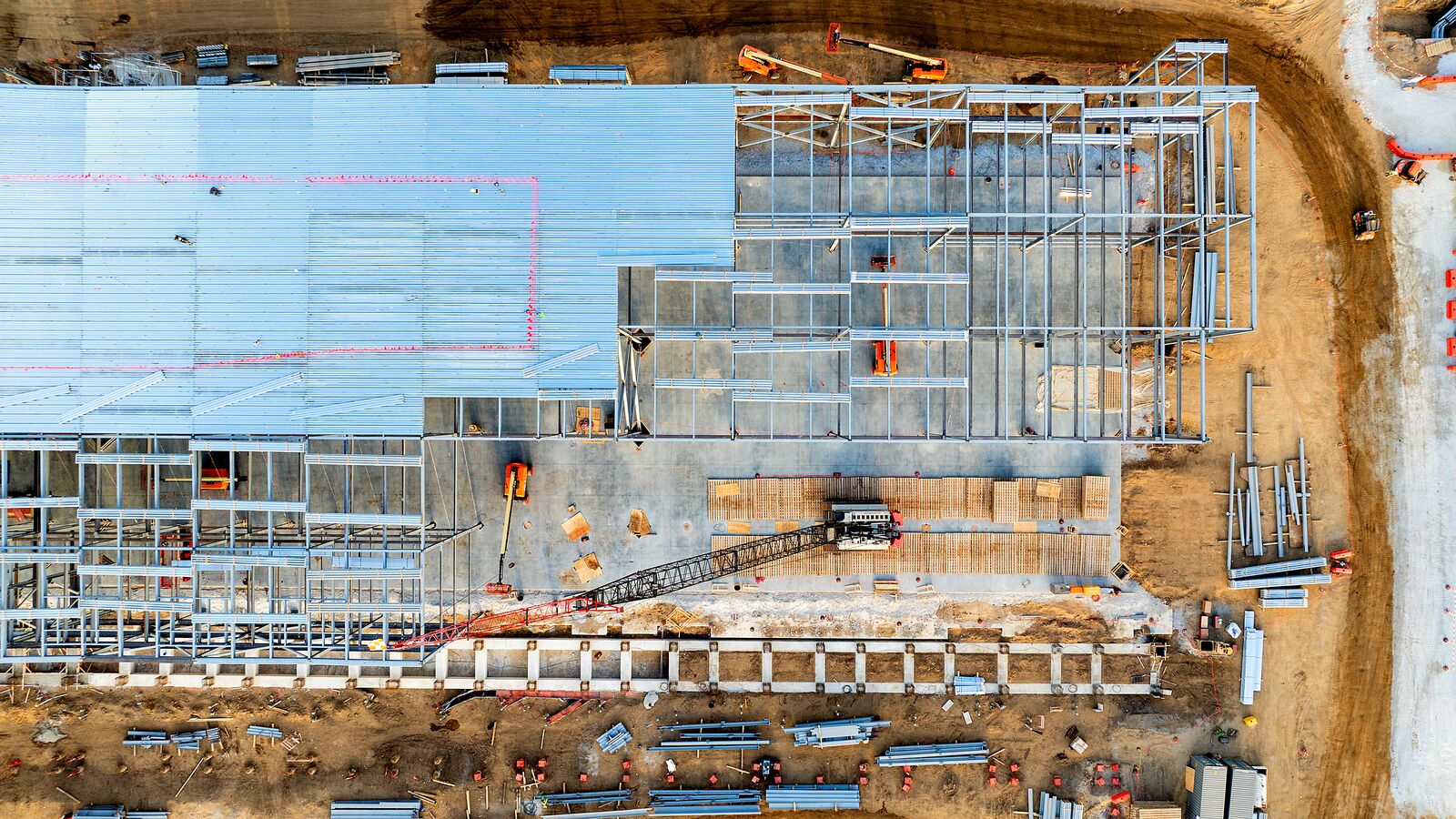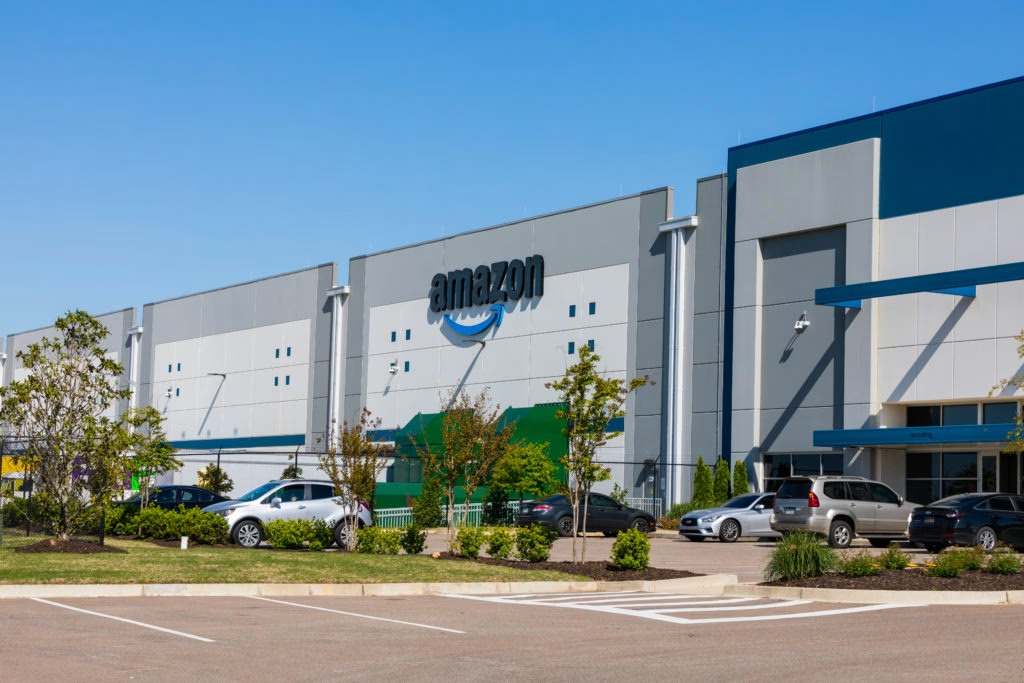Amazon has announced a $3 billion investment to build a large data center campus in Warren County, Mississippi. This project supports the company’s expanding cloud and AI infrastructure needs. Moreover, the move strengthens Amazon’s long-term presence in the state. The company notes that rising demand for secure cloud services requires new, resilient facilities. Therefore, the Mississippi campus will play a major role in meeting future compute needs. Additionally, this project marks one of the most significant private investments in the region.
Community Impact and Job Creation
The data center campus will create at least 200 direct jobs, according to Amazon’s announcement. Furthermore, the project is expected to support over 300 additional indirect roles across the county. These roles include construction workers, infrastructure technicians, and supply-chain partners. Amazon is also launching a $150,000 Warren County Community Fund to support education and workforce initiatives. In addition, the company will partner with local schools and colleges to expand digital-skills training. This collaboration aims to prepare residents for high-demand technology careers.
Project Factsheet
Investment: $3 billion
Location: Warren County, Mississippi
Jobs Created: 200 direct; 300+ indirect
Purpose: Expand cloud and AI computing capacity
Community Fund: $150,000 for education and training
Key Partners: Local schools, community colleges, regional workforce programs
Sustainability Measures: Energy-efficient operations, renewable-energy matching, low-carbon construction materials
Economic Benefits for Warren County
This project represents the largest private investment in Warren County’s history. Local officials believe it will accelerate economic growth throughout the region. Furthermore, Amazon’s construction spending will benefit dozens of Mississippi businesses. These businesses include electricians, logistics firms, concrete suppliers, and maintenance contractors. Consequently, the economic ripple effects could last decades. In addition, tax revenue generated by the project may support public services. These include upgrades to roads, schools, and emergency-response systems. Overall, the investment strengthens the county’s long-term economic foundation.

Workforce Training and Skills Development
Amazon is also investing heavily in local talent. The company is working with community colleges to expand data center technician programs. These programs teach fiber-optic splicing, equipment maintenance, and digital-systems troubleshooting. Moreover, Amazon offers a pre-apprenticeship program for people seeking entry-level technical roles. Participants who complete the program receive interviews for Amazon positions. This approach ensures a strong talent pipeline. Additionally, the company plans ongoing training for employees to keep skills aligned with new technologies.
Sustainability and Energy Efficiency
Amazon is designing the campus with sustainability in mind. The company plans to use energy-efficient cooling systems and low-carbon building materials. Moreover, Amazon intends to match its energy use with local renewable sources. This commitment aligns with its goal to achieve net-zero carbon by 2040. The company also supports regional solar and wind projects to strengthen Mississippi’s clean-energy capacity. As a result, the new campus will blend advanced computing with responsible environmental stewardship.
Mississippi’s Growing Role in Cloud Infrastructure
Looking ahead, this campus positions Mississippi as a rising player in global cloud infrastructure. Amazon says the facility will support next-generation AI workloads and advanced computing tasks. Therefore, the investment gives the state a stronger foothold in high-growth technology sectors, echoing similar moves seen in other regions such as the new $1B Meta data center in Wisconsin. Local leaders believe this marks a turning point for Warren County, and ultimately, Amazon hopes to build a long-term relationship with the community while expanding its technological capabilities.

Leave a Reply